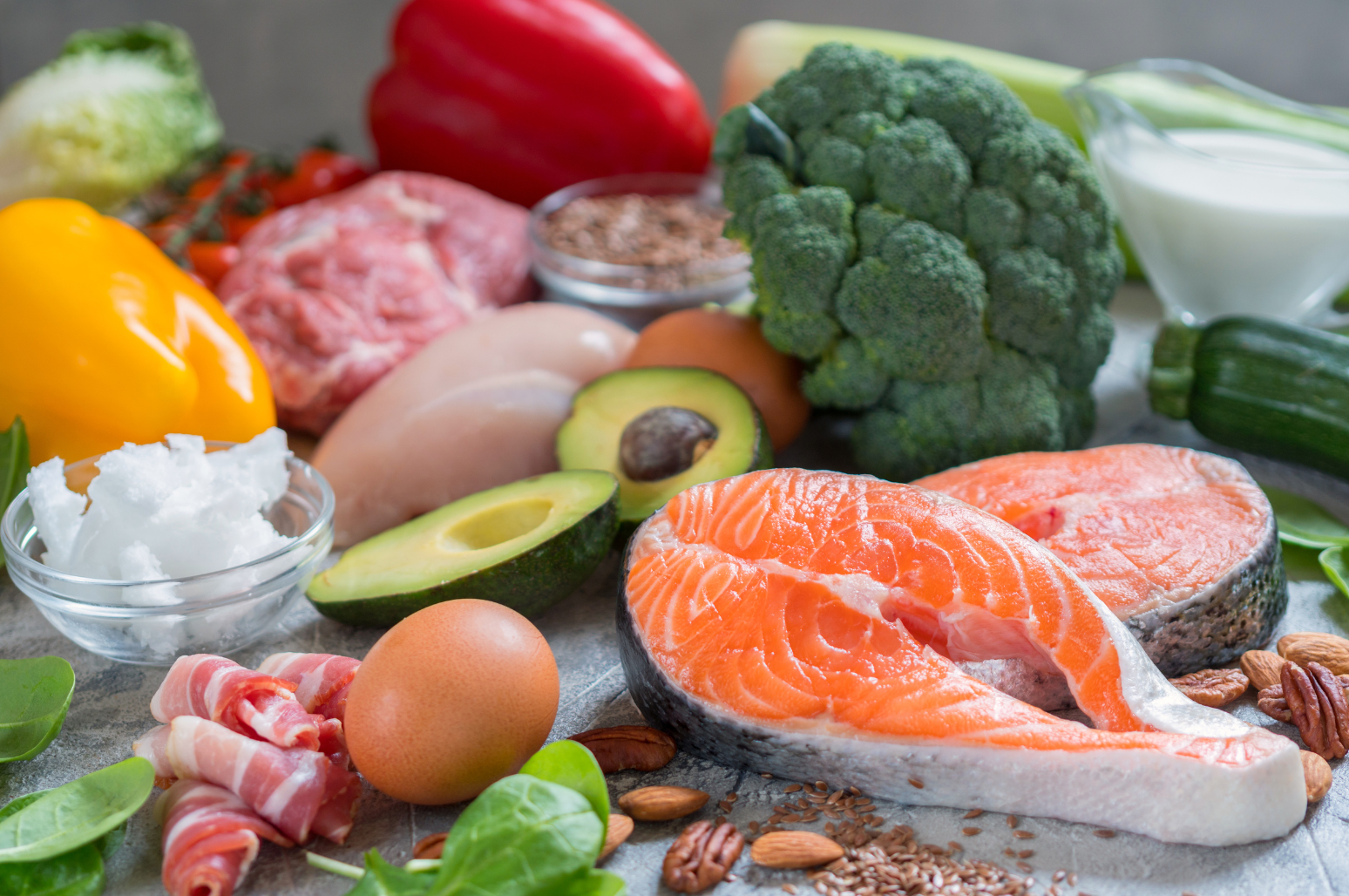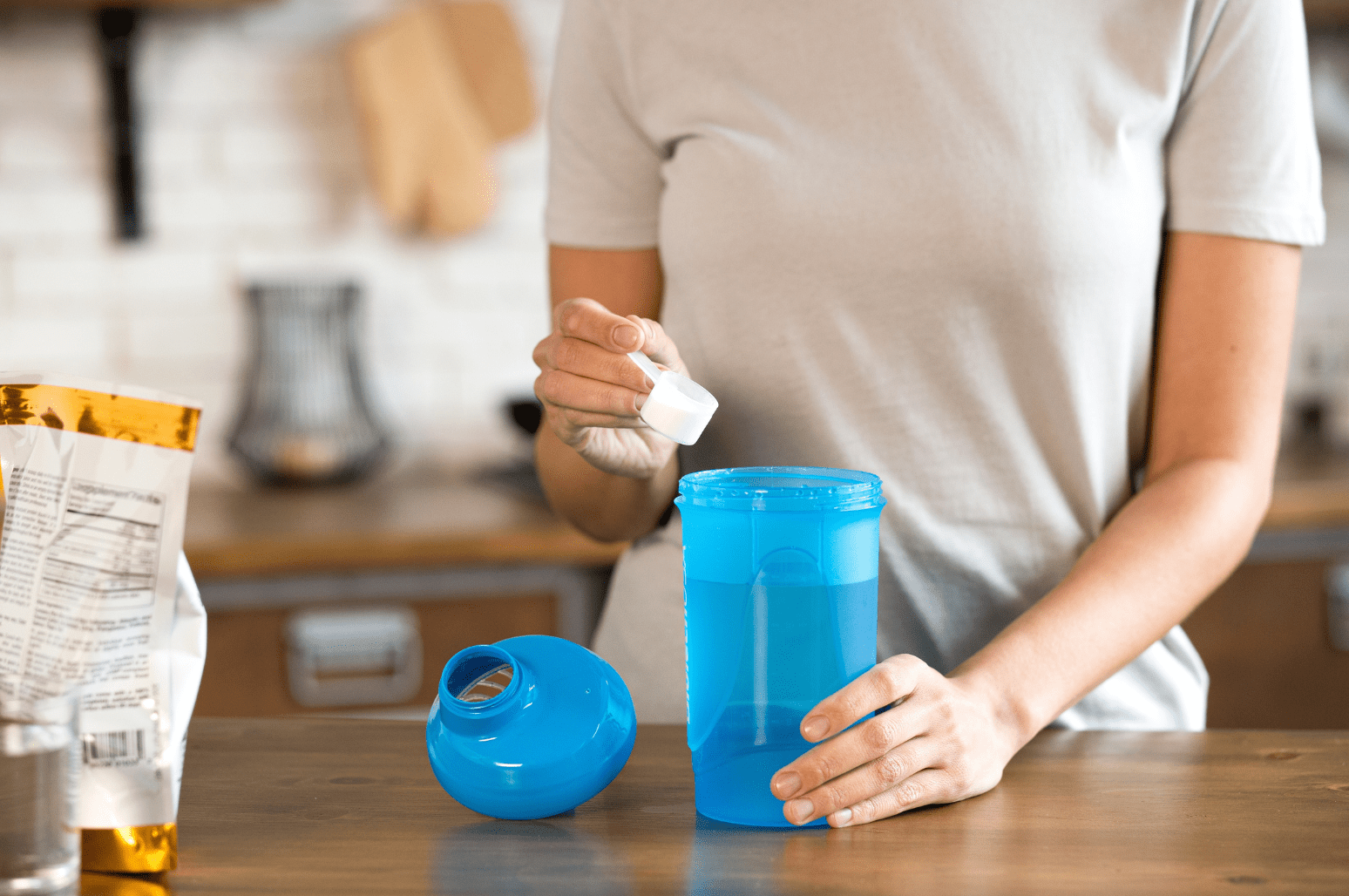Keto and Exogenous Ketones: Are They Worth Buying?

If you’re new to the keto diet, you’ve probably started to learn how important ketosis is. Ketosis is a metabolic state in which your body uses fat – not sugar – as fuel. And when you’re ready to see results on the scale, you want to get into ketosis as fast as possible. Most people achieve ketosis in about 2-5 days after adopting a low-carb, high-fat diet.
Enter: exogenous ketones. You’ll find plenty of exogenous ketones – a dietary supplement – with labels that promise to speed up that process, but is it too good to be true?
Let’s explore what exogenous ketones are and how they can help you.
What Are Exogenous Ketones?
When your body begins to burn fat for fuel, your liver produces ketones. This type of ketone is called an endogenous ketone because it’s made in your body. When you supplement with ketones, it’s called an exogenous ketone. Exogenous ketones are ketones made outside of your body.
There are two types of exogenous ketone supplements, and the difference is what each ketone is mixed with: salts or esters. Salts are a substance created by mixing an acid and base. You might think of table salt (sodium chloride), but that’s just one type of salt. Other types of salts include magnesium sulfate and sodium bicarbonate. [1] Esters are a type of organic compound that reacts with water to create an alcohol and an acid. [2]
- Salt-based supplements: These ketones are bound to a salt (such as sodium or potassium). The salt/ketone mixture is a powder, which you then mix with a liquid. They may be flavored (such as lemon or lime), and you stir them into shakes or even just plain water.
- Ester-based supplements: Instead of mixing the ketone to salt, these ketones are bound to an ester. Unlike the salt-based supplements, these are available as a liquid.

Benefits of Using Exogenous Ketone Supplements
The primary reason you might be tempted to try an exogenous ketone supplement is that they are efficient at boosting your blood ketone levels. Studies show that exogenous ketones can raise blood ketone levels by 300%. [3]This is great news if you’re trying to launch yourself into ketosis.
Exogenous ketone supplements come with a wide range of benefits beyond just boosting your blood ketone levels.
Exogenous ketones can:
- Help reduce the symptoms of keto flu. [4]
- Provide a boost of energy when you’re traveling and don’t have many keto-friendly options available to you. [5]
- Promote mental clarity and improve focus.
- Boost athletic performance. [5]
- Decrease appetite. [6]
Not to mention, exogenous ketone supplements are convenient. They don’t require any special appliances – like blenders – and they can easily be stashed in a suitcase if you’re traveling.
What to Look for in a Quality Exogenous Ketone Supplement
We are not affiliated, nor do we directly recommend exogenous ketone or ketogenic supplement brands. That being said, we can provide research-based evidence that can help you choose the best exogenous ketone for you.When selecting an exogenous ketone, two factors are important to consider: dosage and isomer. Beta-hydroxybutyrate (BHB) is most efficacious from 6 to 12g. Furthermore, the R isomer of BHB (R-BHB) provides better results as compared to DL-BHB.
We would recommend looking into a product that meets these two criteria to make sure you are getting the best results.
When shopping for keto supplements, remember that not all supplements are created equally. In addition to checking the dosage and isomer, there are other factors to consider.
Here’s a quick checklist before you buy:
- Clean ingredients: no fillers, no artificial preservatives, no added sugar
- Easily mixed
- Lab-tested for purity
- Potency: one serving should deliver at least 12 grams of BHB if you want to see increased blood ketone levels [3]
The Verdict: Are They Worth Buying?
In order to stay in ketosis from exogenous supplements, you’d have to continue to take the supplement around the clock. [7] This can take a hit on your wallet and your daily calorie goals. So, unless you are using exogenous ketones for therapeutic measures or to prevent the keto flu, it may be better to stay in nutritional keto by sticking with your macro goals.
Have you tried exogenous ketones? How was your experience?
References
The Editors of Encyclopaedia Britannica. “Salt.” Encyclopædia Britannica, Encyclopædia Britannica, Inc., 30 May 2019.
The Editors of Encyclopaedia Britannica. “Ester.” Encyclopædia Britannica, Encyclopædia Britannica, Inc., 30 May 2019.
James, Shaun, and Beau Kjerulf Greer. “Influence of Exogenous ?-Hydroxybutyrate on Walking Economy and Rating of Perceived Exertion.” Journal of Dietary Supplements, U.S. National Library of Medicine, 2019.
Harvey, Cliff J D C, et al. “The Use of Nutritional Supplements to Induce Ketosis and Reduce Symptoms Associated with Keto-Induction: a Narrative Review.” PeerJ, PeerJ Inc., 16 Mar. 2018.
Cox, Pete J, et al. “Nutritional Ketosis Alters Fuel Preference and Thereby Endurance Performance in Athletes.” Cell Metabolism, U.S. National Library of Medicine, 9 Aug. 2016.
Stubbs, Brianna. “A Ketone Ester Drink Lowers Human Ghrelin and Appetite.” Cell Metabolism, U.S. National Library of Medicine, 26 Feb. 2018.
Leckey, Jill J, et al. “Ketone Diester Ingestion Impairs Time-Trial Performance in Professional Cyclists.” Frontiers in Physiology, Frontiers Media S.A., 23 Oct. 2017.









